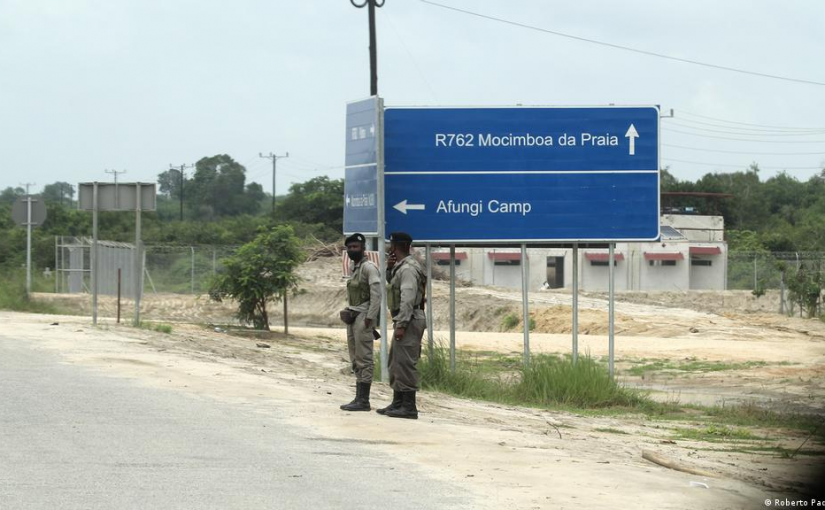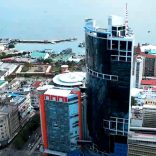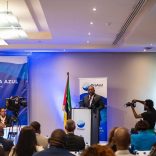Mozambique: New water pumping station will benefit 72,000 people in Maputo
Mozambique: Refugee numbers climbing, threaten gas sector – Fitch

FILE - For illustration purposes only. [File photo: Lusa]
The consultancy Fitch Solutions said on Wednesday that the violence in northern Mozambique would cause the number of internal refugees to continue to increase, keeping social tension in the region high and threatening gas development.
“We believe the number of internally displaced people in Mozambique will continue to rise in the coming quarters as violence continues, leading to a burden on neighbouring towns and keeping the risks of social tensions and instability high,” wrote the analysts at this consultancy owned by the same owners of financial rating agency Fitch Ratings.
The latest figures from the UN Office for Humanitarian Affairs point to a significant rise in the number of internally displaced people, which rose from 172,000 in April 2020 to 945,000 in June this year, as a result of the violence that has affected the northernmost region of the country, which is home to large gas reserves that Mozambique sees as fundamental to underpin growth and economic development.
The armed insurgency in Mozambique, Fitch Solutions said in its analysis sent to investors and to which Lusa had access, “will continue at high levels of activity by Islamic militants and will continue to be one of the main security threats to the development of the liquefied natural gas sector in Cabo Delgado province.
In its analysis of the latest developments in the natural gas sector in Mozambique, Fitch Solutions wrote that Italy’s Eni has started exporting gas from the country, having taken its first cargo on 13 November, but pointed out that “its operations on the floating platform off the coast of the country have not been affected by the militants’ activities.”
ExxonMobil, for its part, “has not yet updated the timetable for the Final Investment Decision, which reflects the weak security situation in the country”, but still, Fitch Solutions anticipates the US oil company to decide next year.
“The uncertainty over ExxonMobil and TotalEnergies’ timetables is a downside risk to our medium and long-term growth outlook for Mozambique, as the resumption of work may weigh on the development of the natural gas sector,” the analysts conclude.
Cabo Delgado province has been facing an armed insurgency promoted by rebels for five years, with some attacks claimed by the extremist group Islamic State.
The insurgency led to a military response a year ago with support from Rwanda and SADC, liberating districts near gas projects, but new waves of attacks have emerged in the south of the region and neighbouring Nampula province.
In five years, the conflict has left one million people displaced, according to the United Nations High Commissioner for Refugees (UNHCR), and around 4,000 dead, according to the ACLED conflict registration project.











Leave a Reply
Be the First to Comment!
You must be logged in to post a comment.
You must be logged in to post a comment.